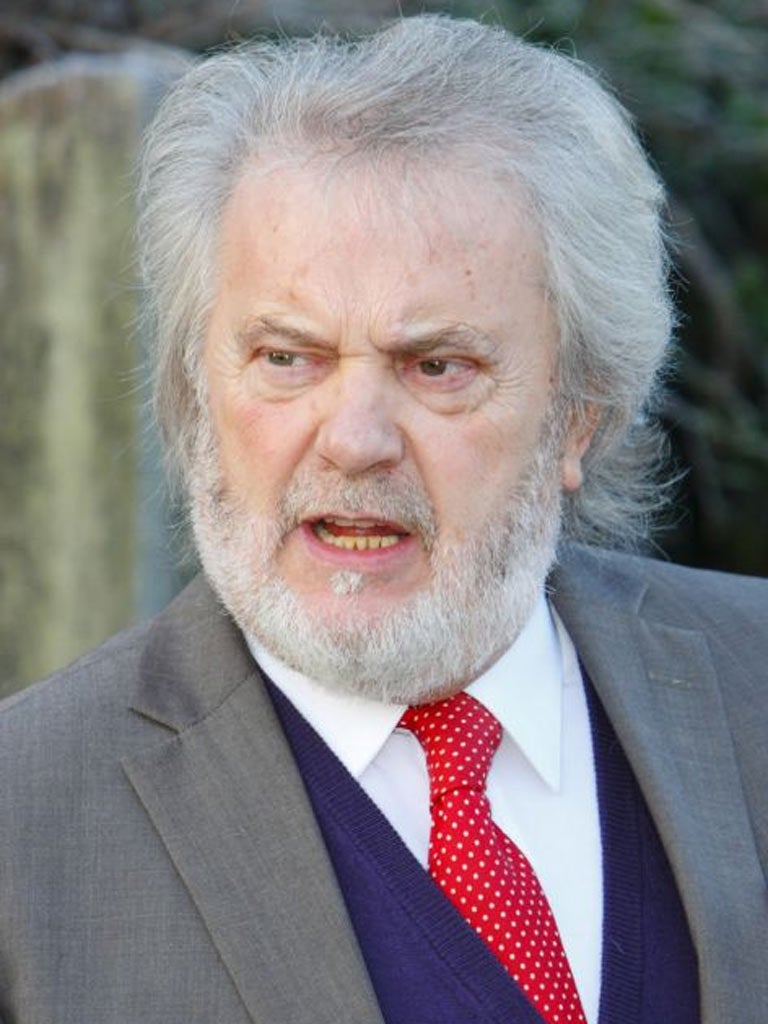Former MI5 spy-hunter will hear case of Russia's 'Commons mole'

Your support helps us to tell the story
From reproductive rights to climate change to Big Tech, The Independent is on the ground when the story is developing. Whether it's investigating the financials of Elon Musk's pro-Trump PAC or producing our latest documentary, 'The A Word', which shines a light on the American women fighting for reproductive rights, we know how important it is to parse out the facts from the messaging.
At such a critical moment in US history, we need reporters on the ground. Your donation allows us to keep sending journalists to speak to both sides of the story.
The Independent is trusted by Americans across the entire political spectrum. And unlike many other quality news outlets, we choose not to lock Americans out of our reporting and analysis with paywalls. We believe quality journalism should be available to everyone, paid for by those who can afford it.
Your support makes all the difference.A former House of Commons aide accused of being a Russian agent will have to argue her case against deportation in front of one Britain's most experienced spy-hunters.
Katia Zatuliveter's lawyers argued yesterday that Sir Stephen Lander, the former head of MI5, was too biased to sit on a panel that will hear her appeal against an order to send her back to Russia, signed by the Home Secretary, Theresa May.
Ms Zatuliveter denies that she is a spy who used her position as an assistant to Mike Hancock, the Liberal Democrat MP for Portsmouth South and a defence select committee member, to pass information to Moscow.
Tim Owen, QC, representing Ms Zatuliveter, applied to the Special Immigration Appeals Commission (SIAC) yesterday to have Sir Stephen removed from the panel on the grounds that having spent most of his life pursuing real or suspected Russian spies, he is unable to consider her case dispassionately.
Sir Stephen worked for MI5 for 27 years and was its director-general from 1996 to 2002. He has kept up his links with the security services since his retirement, and has been a media commentator on Russian espionage. In a Radio 4 documentary broadcast in August last year, Sir Stephen warned that genuine Russian spies do not necessarily "look serious".
He added: "That's why the Russians are so successful at some of this stuff. They are able to put people in those positions over time to build up their cover to be useful." Another argument put forward by Mr Owen to cast doubt on Sir Stephen's impartiality is that one of the witnesses due to appear before the panel to support Ms Zatuliveter's case is the writer Nicolas Fielding, who was co-author of a book in which Sir Stephen was described as "reclusive, retiring and dull" and "prone to the sort of petulance that routinely bedevils those who have little or no natural authority".
Mr Owen, in a skeleton argument before the court, said Sir Stephen's position was "wholly untenable". He described him as "a cheerleader" for the secret service and someone who had given media interviews about Russian intelligence and the work of MI5. "This is about as clear a case of bias as it's possible to imagine," he said. He added: "Sir Stephen cannot leave his knowledge and views at the door of the court."
Ms Zatuliveter's appeal was rejected after a four-hour hearing. Her case will now be heard in October by Mr Justice Mitting, a senior immigration judge, with Sir Stephen alongside him as the lay member of the panel, in the first case of alleged espionage to be heard by the SIAC.
Join our commenting forum
Join thought-provoking conversations, follow other Independent readers and see their replies
Comments